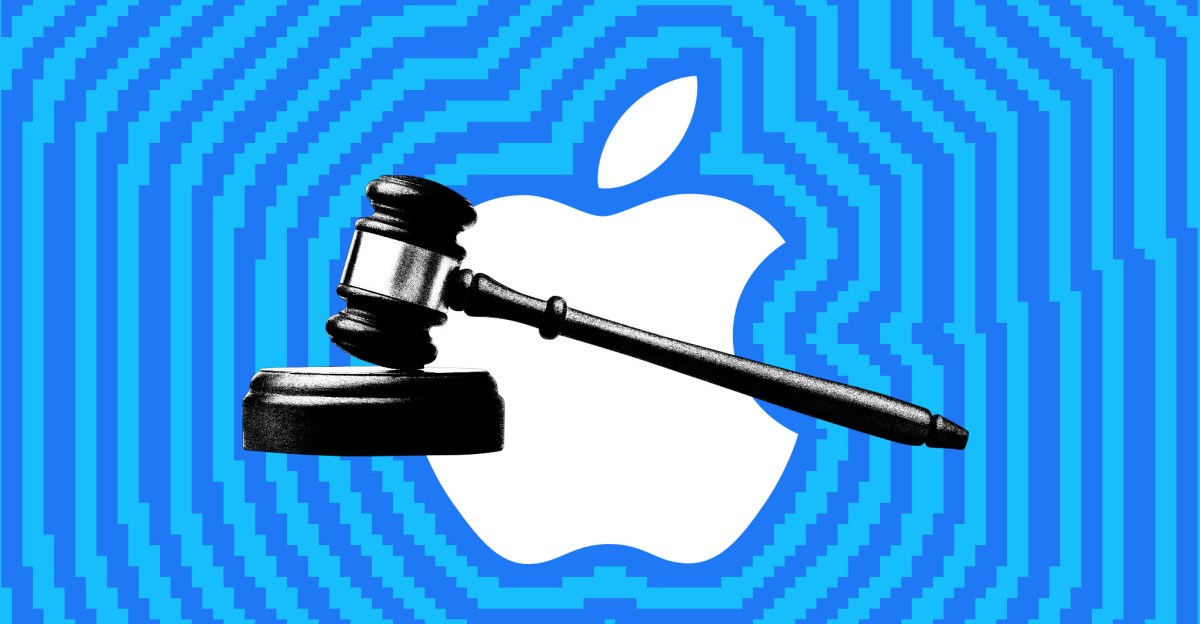App Store Monopoly Crumbles: Landmark Ruling Deals Crushing Blow to Apple's Digital Empire

In a scathing rebuke, the judge lambasted Apple for what he characterized as a blatant and strategic misstep, describing the tech giant's defiant stance as a "gross miscalculation" that fundamentally undermined the court's authority. The ruling highlights the potential consequences of corporate arrogance and the importance of respecting judicial directives, sending a clear message that even industry titans are not above the law.
